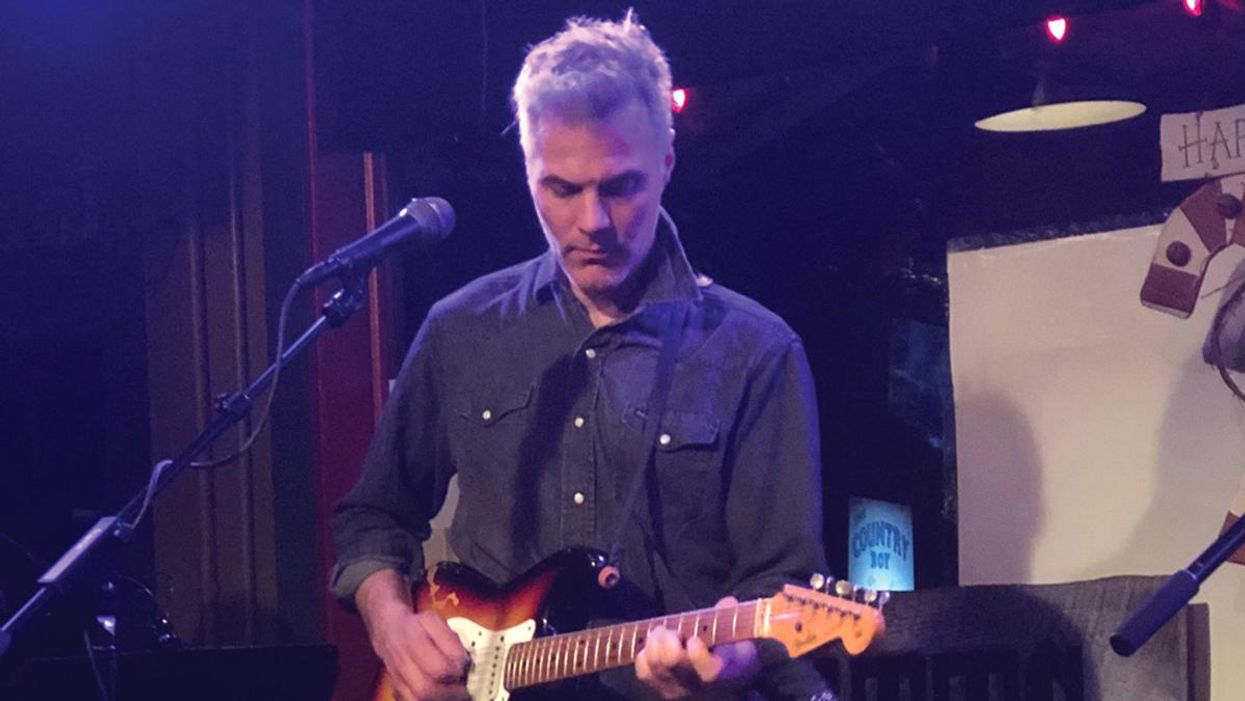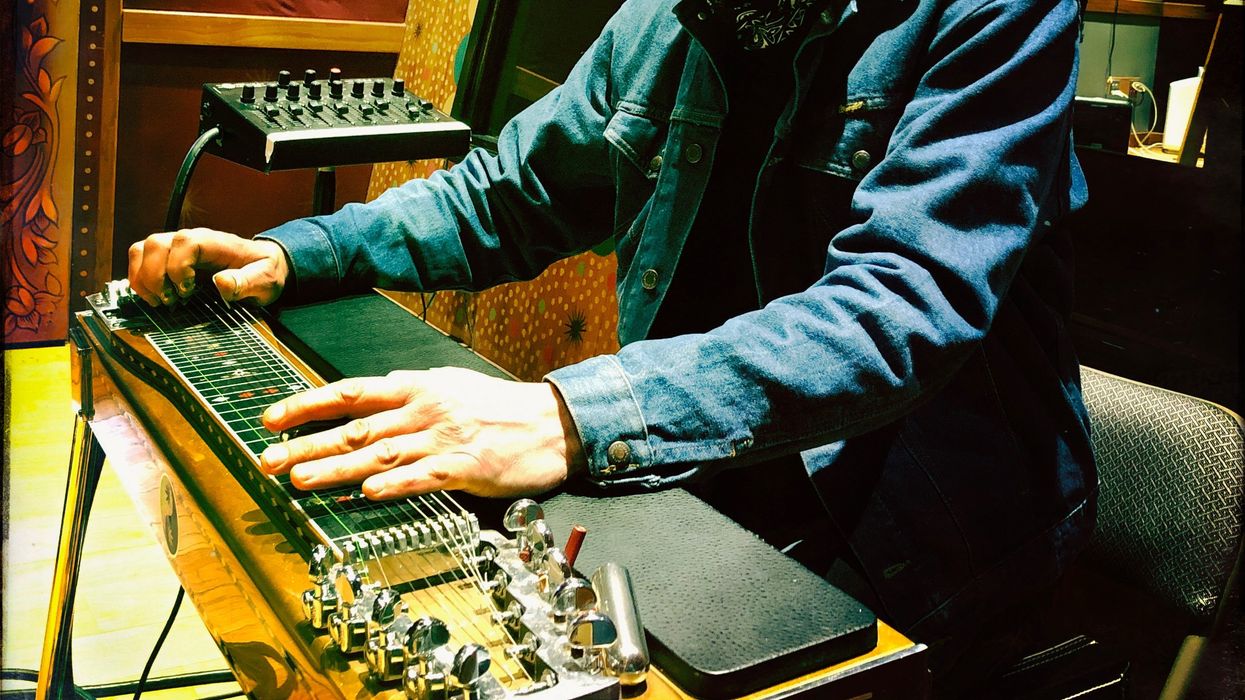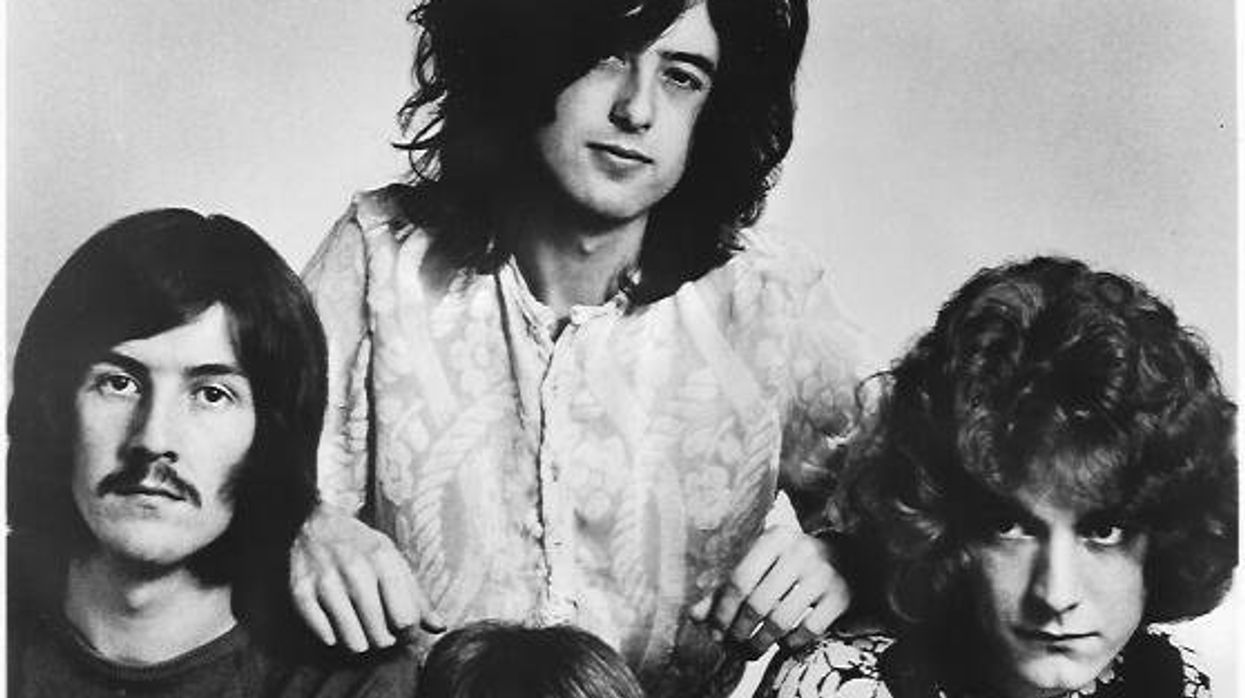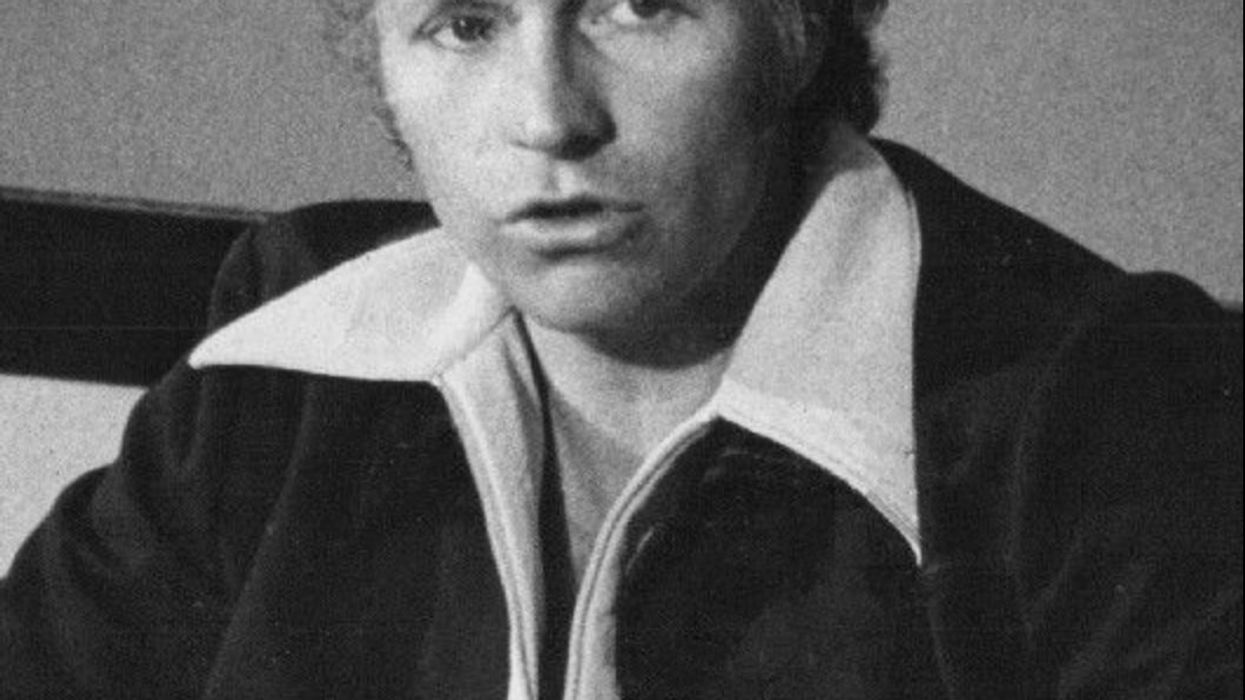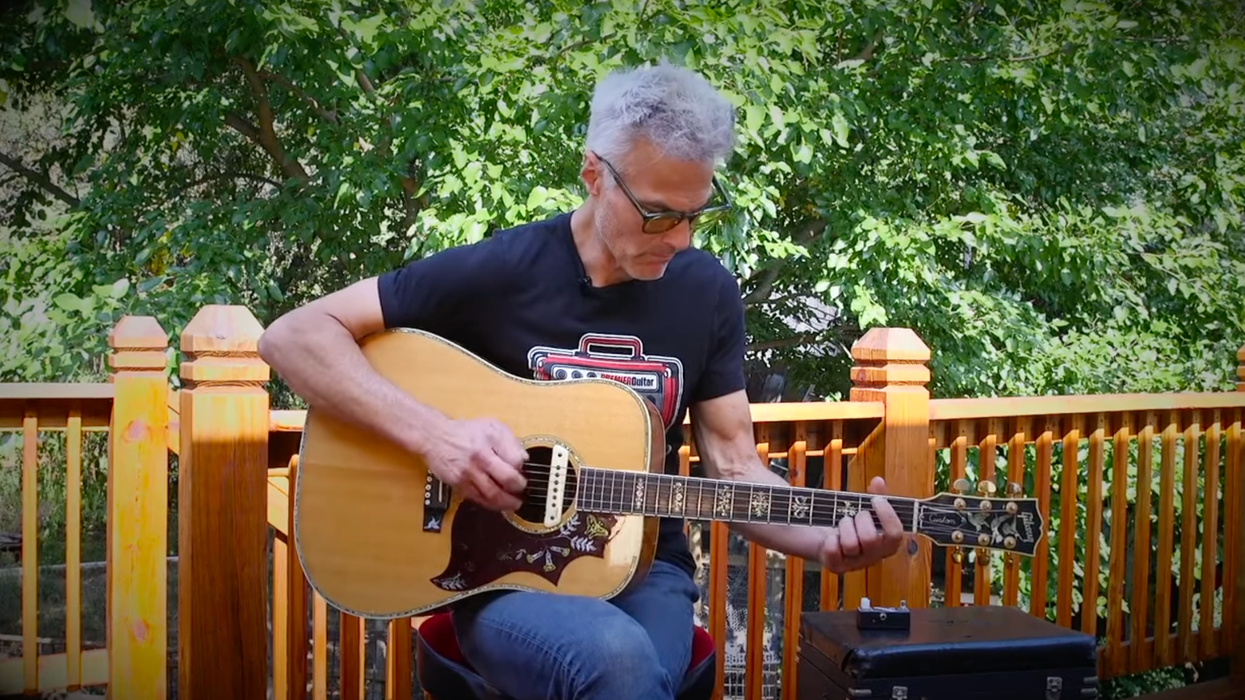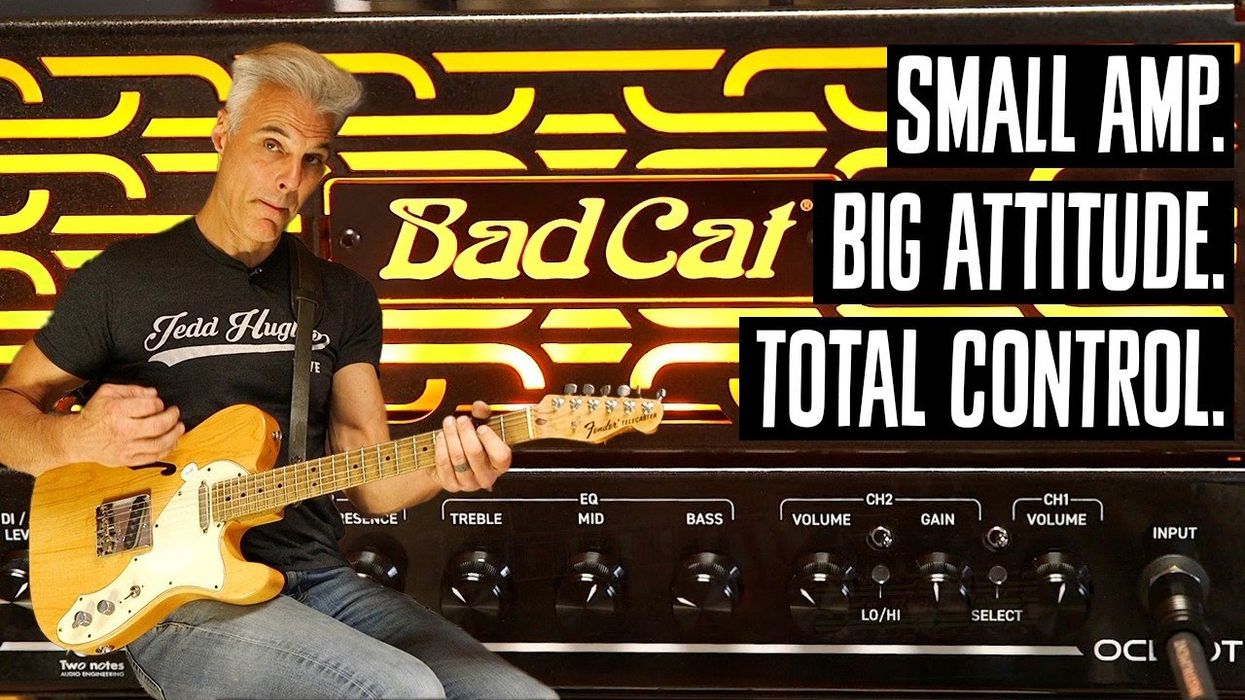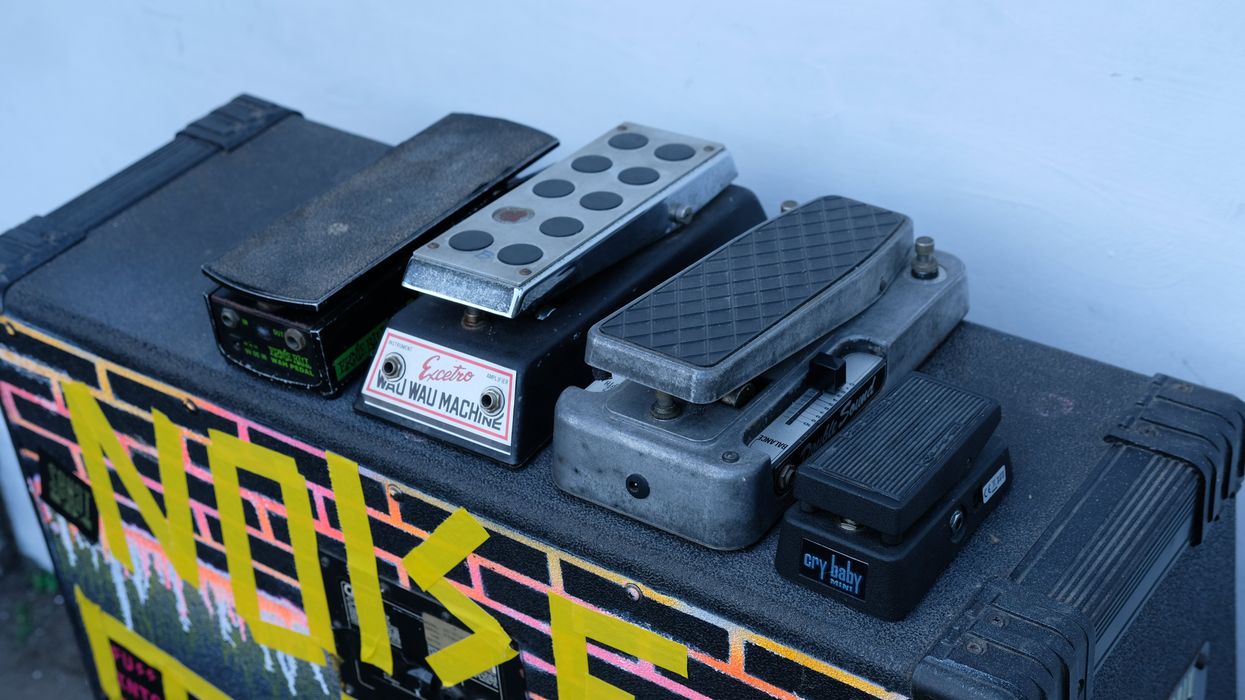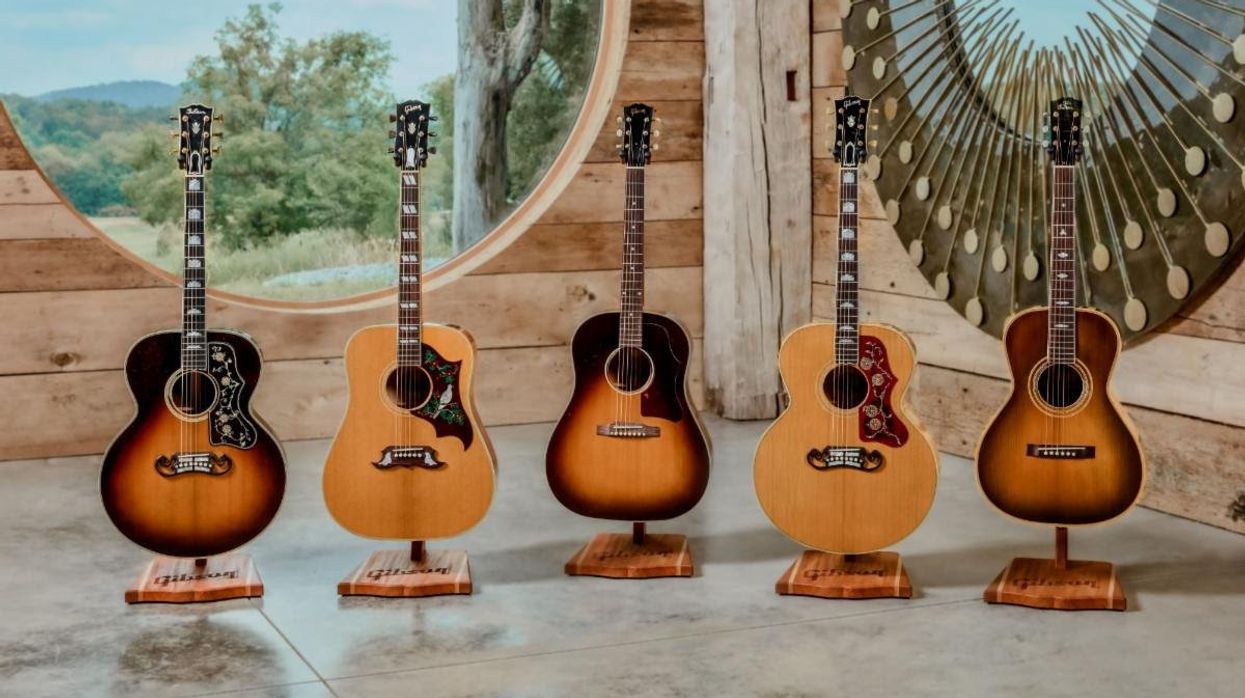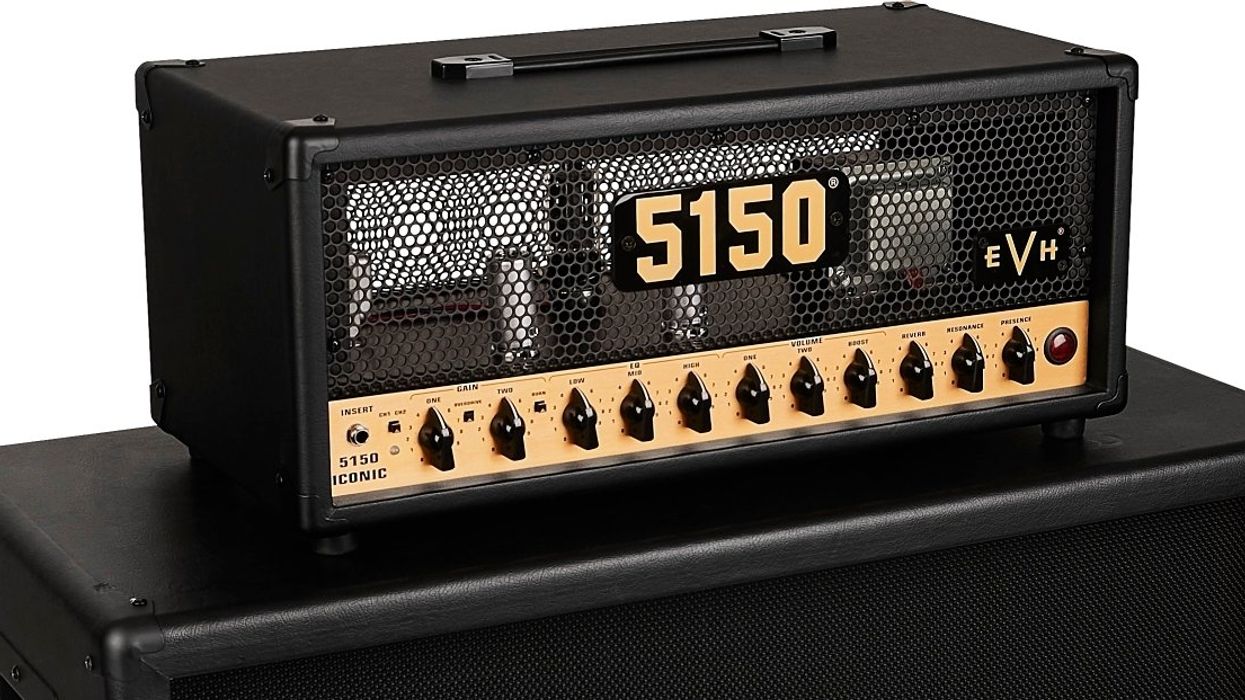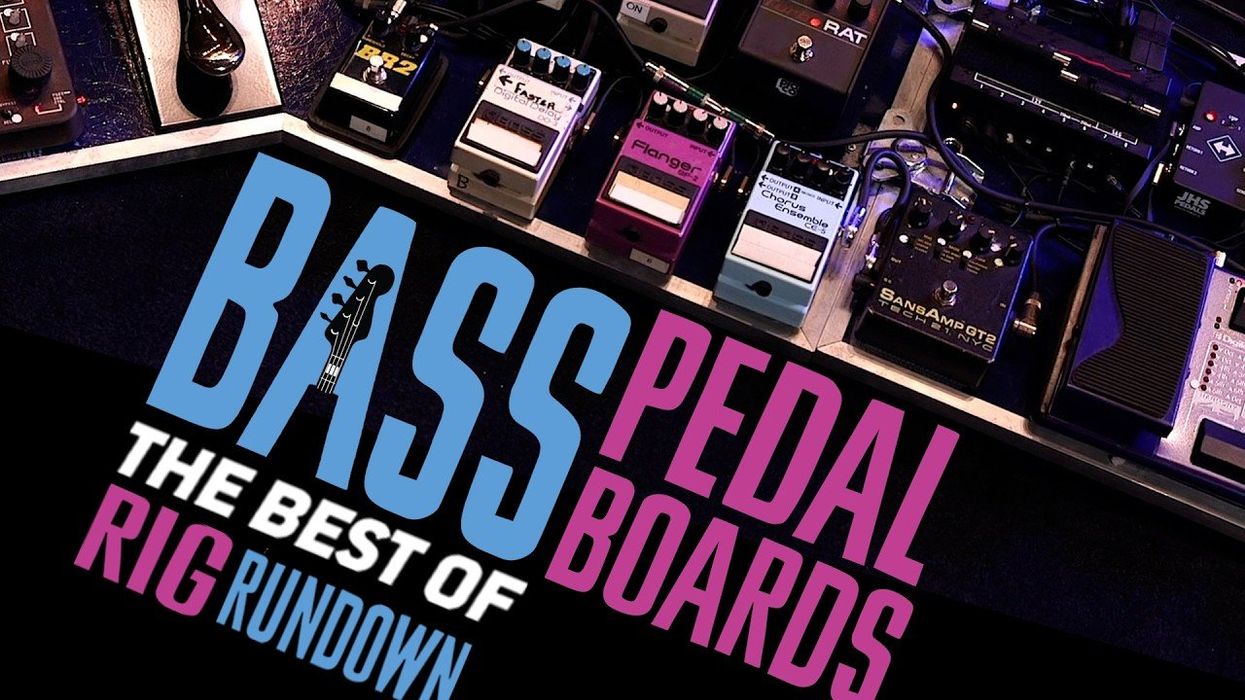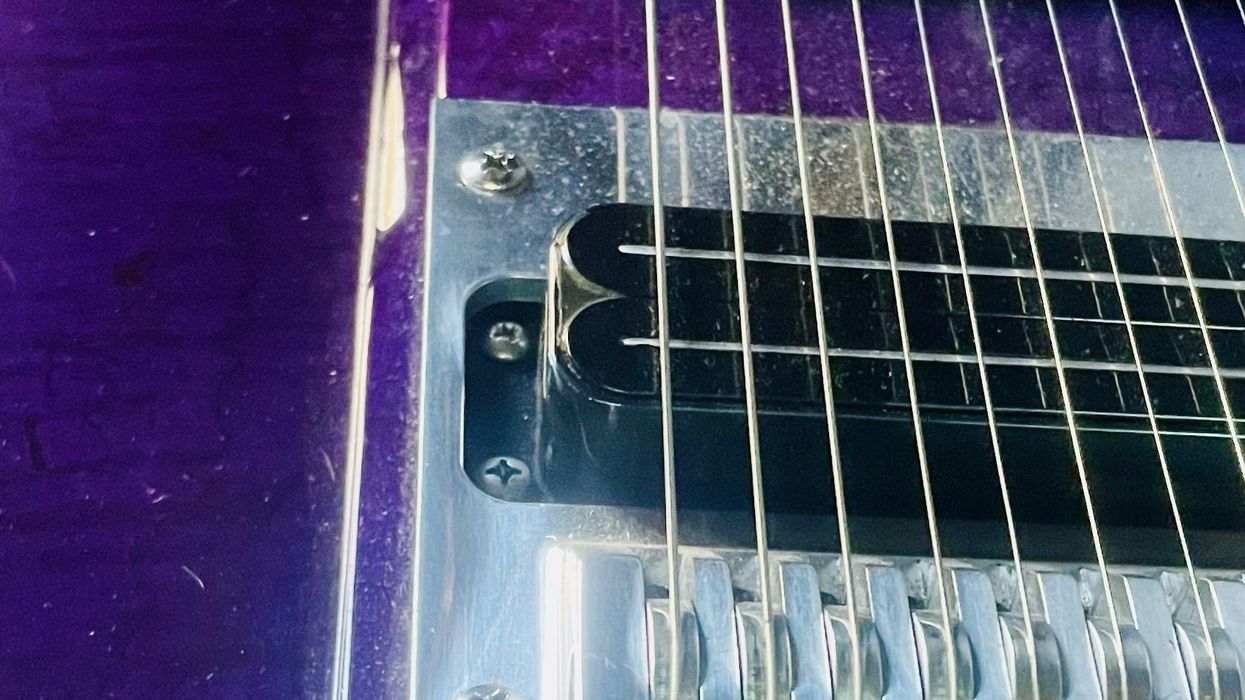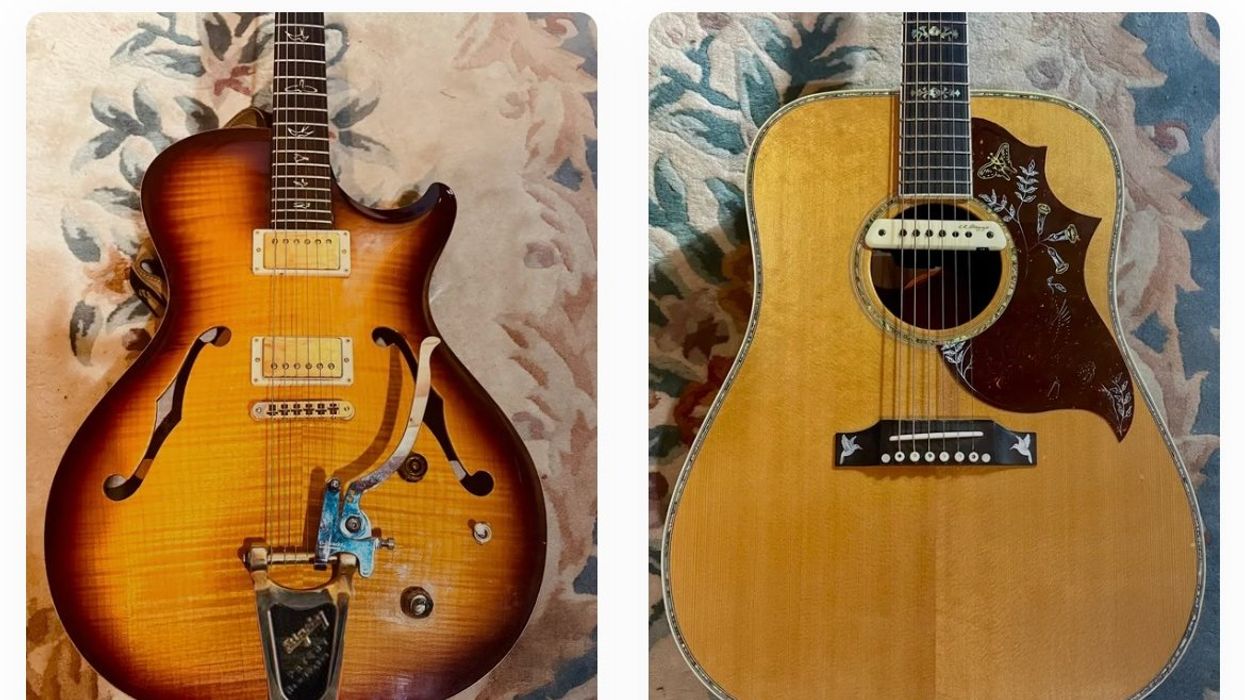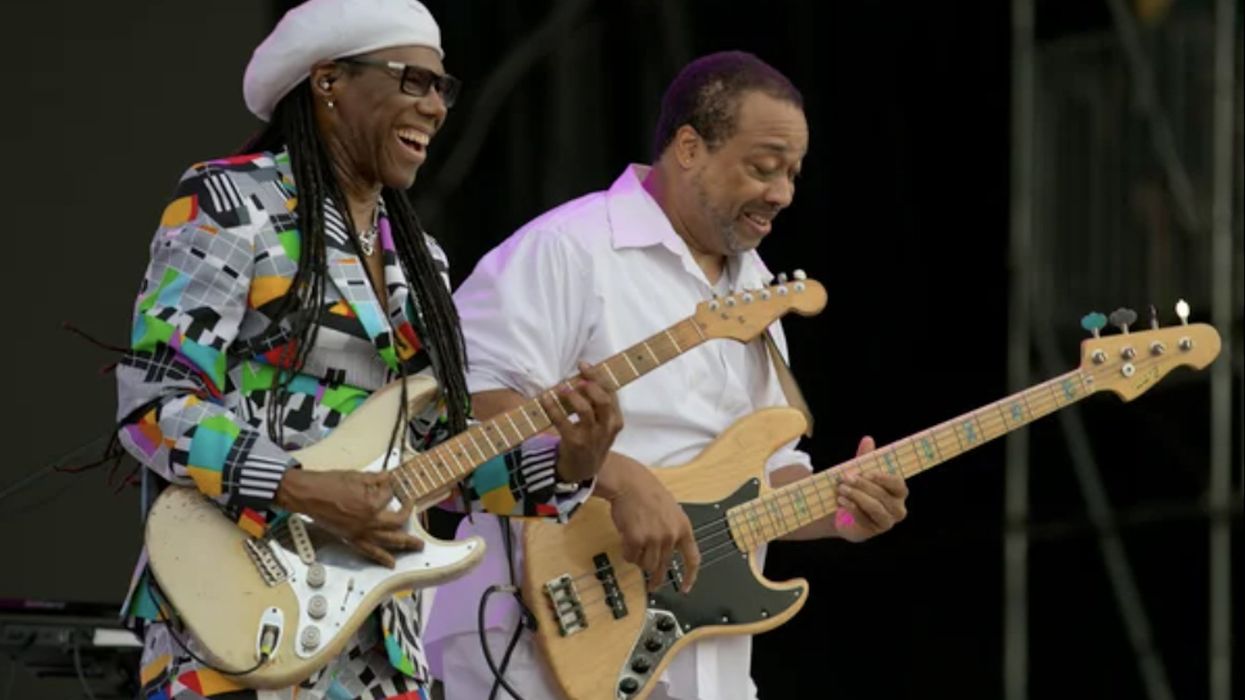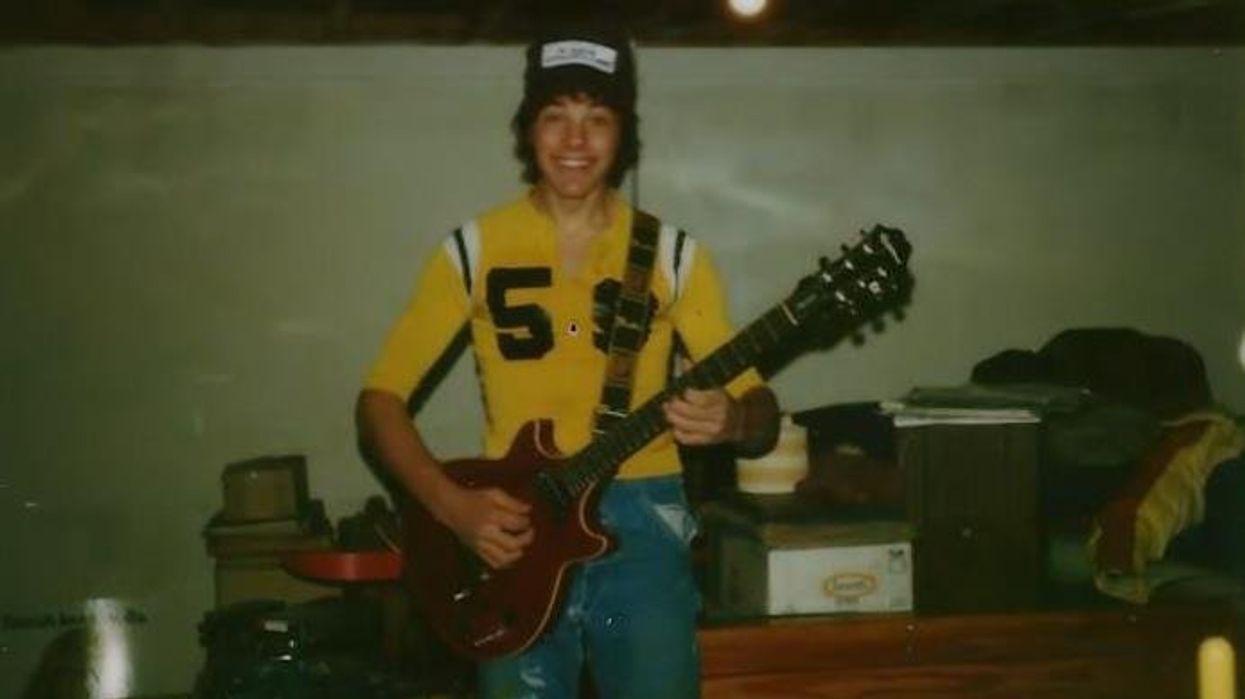If you knew the amount of chaos, heartbreak, and frustration in my white-knuckled career, you'd understand my reluctance to advise anyone on being a professional musician. That said, I've been doing this music scam for a long time and, much to my surprise, it's actually worked out pretty well. I make a decent living and have a lot of fun. If you're an aspiring musician, here are a few tips that might help you toward that modest goal.
1. When you play with a new drummer, or a new song, or a weird environment that makes the groove not feel natural, try standing with your foot actually touching the face of the kick-drum head. When you feel every kick with your foot, you can't help but know exactly where the drummer is putting the groove. Warning: This makes some territorial drummers uncomfortable, and it's dangerously loud … which segues nicely to tip #2.
2. Until stem cell magic or an Apple implant can fix hearing damage, it's up to you to protect your ears. Be careful or wind up like that poor dude in Sound of Metal. Two musicians I work with regularly have developed tinnitus so bad that their ears are constantly ringing, so much that they can't sleep and are dealing with depression. To try and avoid this, set your tone without earplugs pre-gig, then put in earplugs and leave them in the entire time. What I actually do is set my tone, put in earplugs until I suspect I have turd tone, then I take out my non-drummer-side plug, tweak on the fly, then plug back up and gig. The problem is, even that short amount of time can do real damage.
I purchased two wildly expensive sets of molded plugs and five different pairs of mildly expensive plugs, but ultimately the cheap foam plugs work best for me. They're comfortable, easy to get in and out, effective, and I always lose the expensive ones. (I can't have nice things.) Every pair of pants I own has used but clean-ish, mismatched plugs in their pockets that have gone through the wash. I not only wear earplugs on gigs, but whenever I'm in a loud environment, like walking down Broadway in Nashville.
"Two musicians I work with regularly have developed tinnitus so bad that their ears are constantly ringing, so much that they can't sleep."
3. More gear will not make you sound better—playing will. Compare Bonamassa on a new Epiphone and a vintage 'burst and they both sound amazing, regardless of the amp.
I'm a hypocrite with many guitars, amps, and piles of pedals. If I played as much as I looked at gear, I'd be a better player, have more money, and maybe be happier. For 2021, I'm not buying anything * in hopes of building a closer relationship with the gear I have. Love is love; you gotta put in the time to get to know your object of affection. (*Disclaimer: If somebody has a bargain, '50s- era Les Paul with PAFs, hit me up and make me break my promise.)
4. Pay attention to your body when you play. I recently noticed that I hold my pick way too tight. That tension jacks with the groove and my body. I used to think Stevie Ray Vaughan was just bludgeoning his guitar with his right hand all the time. Watch his old videos and you'll see he sledgehammers that Strat at times, but for the most part, he is loose, smooth, and effortless. Loosening up that death grip helps mitigate hand cramps, tight shoulders, and neck pain after long gigs.
5. Try learning something new every month. If you're an electric player who always uses a pick, make yourself learn a Tommy Emmanuel arrangement, like "One Mint Julep" from his PG Riff Rundown. If acoustic is your thing, take a course in Angus 101 and learn his "Highway to Hell" solo. Notice his tone (not that dirty). Notice his notes (not that fast). Notice how hard it rocks (nothing rocks harder). If you've never tried slide, check out my PG lessons. It's remarkably easy. Music always has new mysteries if you dig. You dig?
6. Music isn't a competition, but if it were, the person who has the most fun while playing should win. Get comfortable with the fact that we all have limitations, but they're only weaknesses if we let them be. Miles Davis couldn't play as fast as Coltrane, so he went the other way, playing slow, melodic lines surrounded by space. In doing so, he steered jazz away from bebop toward cool. Django had finger injuries that led him to develop a style with long glissandos and a melodic swing that changed guitar music forever. Enjoy the journey as you find your own way.
7. They say the secret to success in the arts is sincerity. If you can fake that, you got it made. I maintain you fake it long enough, and it becomes authentic. We're all making this up as we go.
